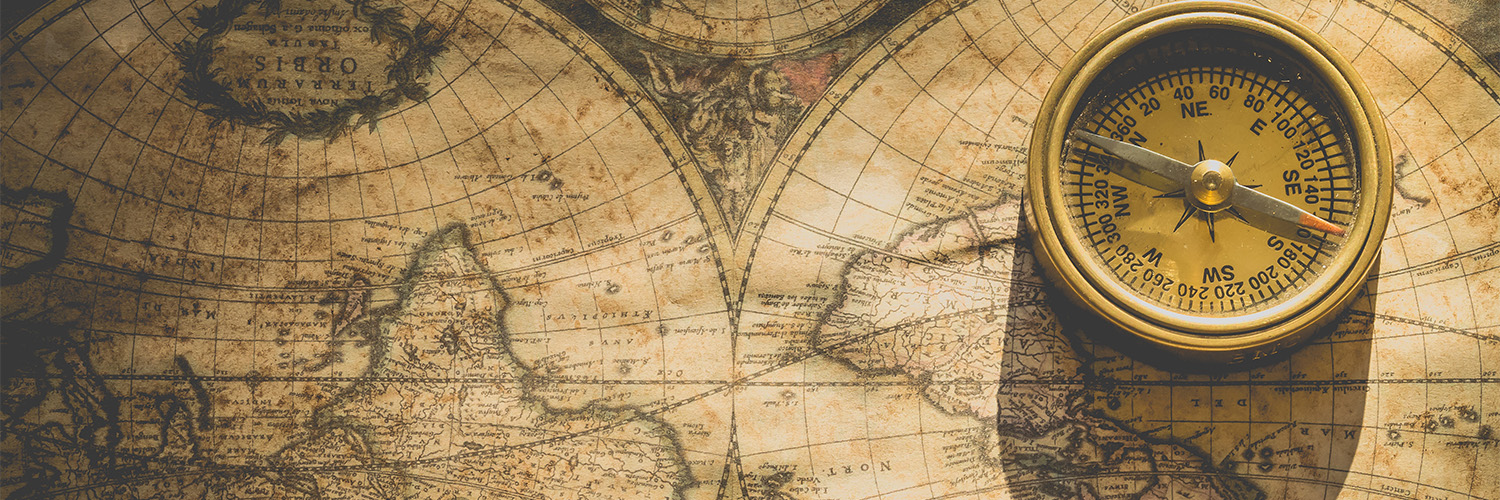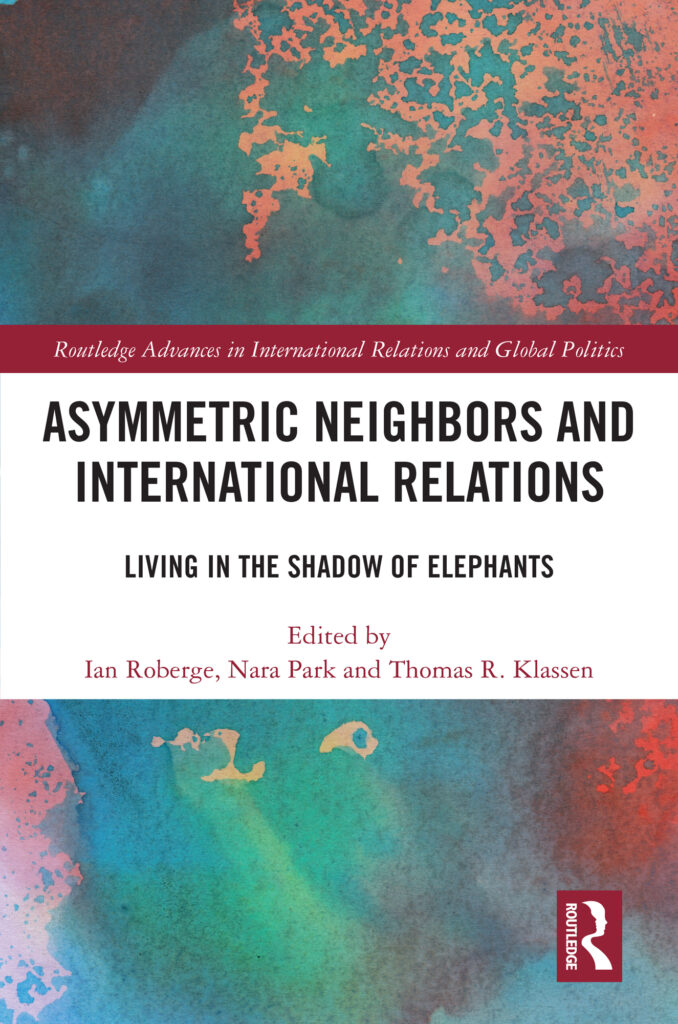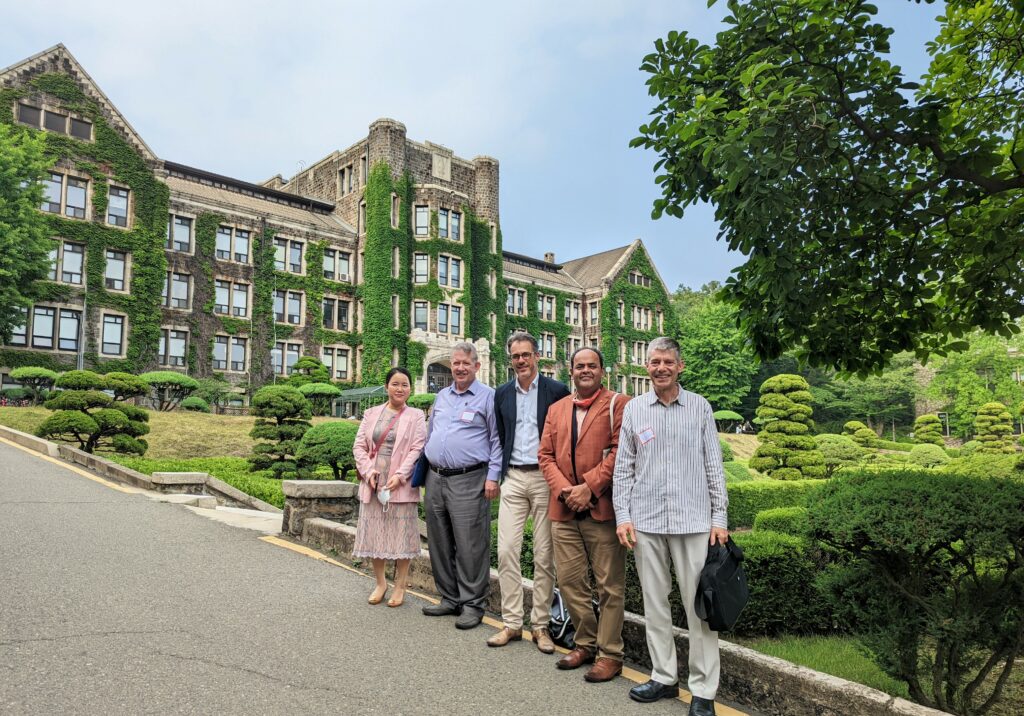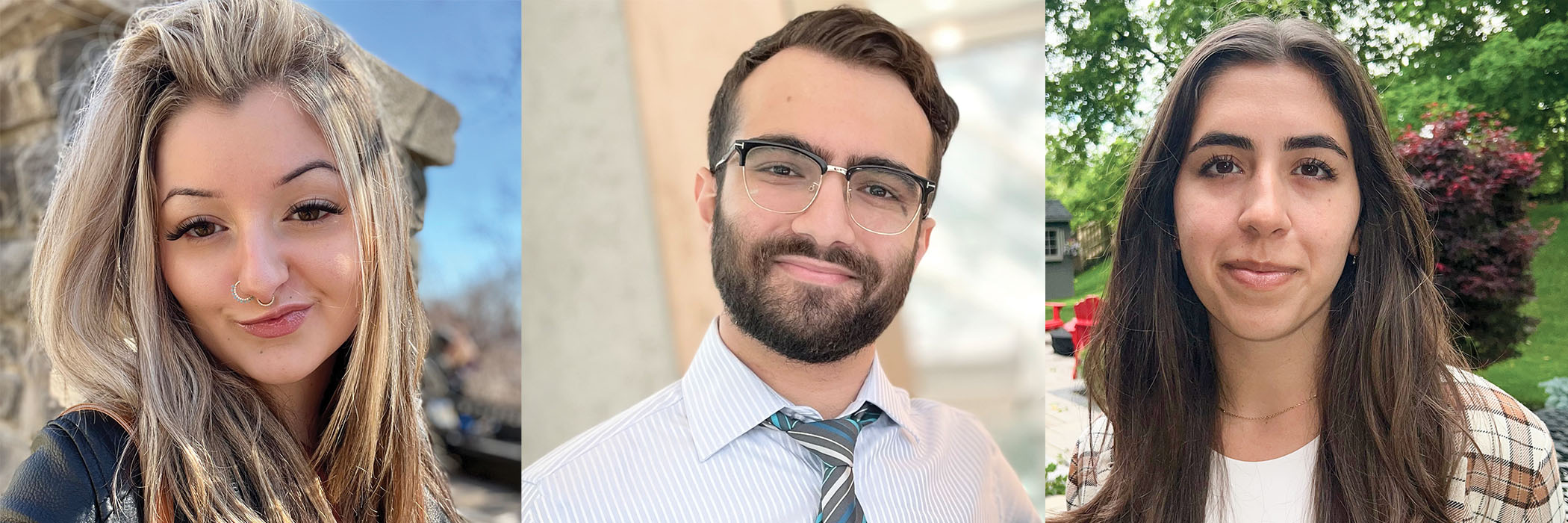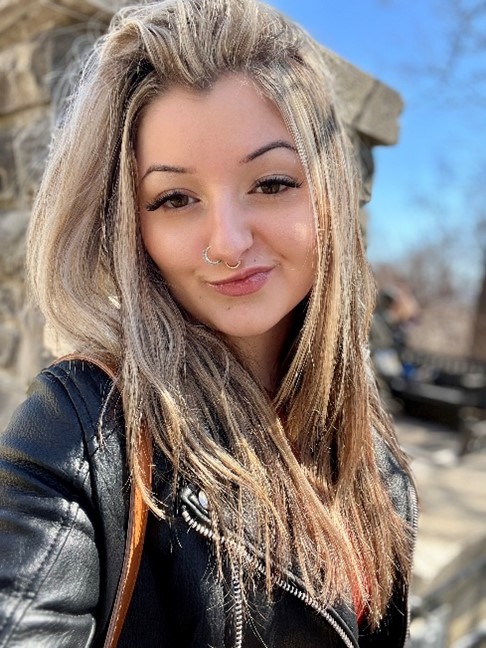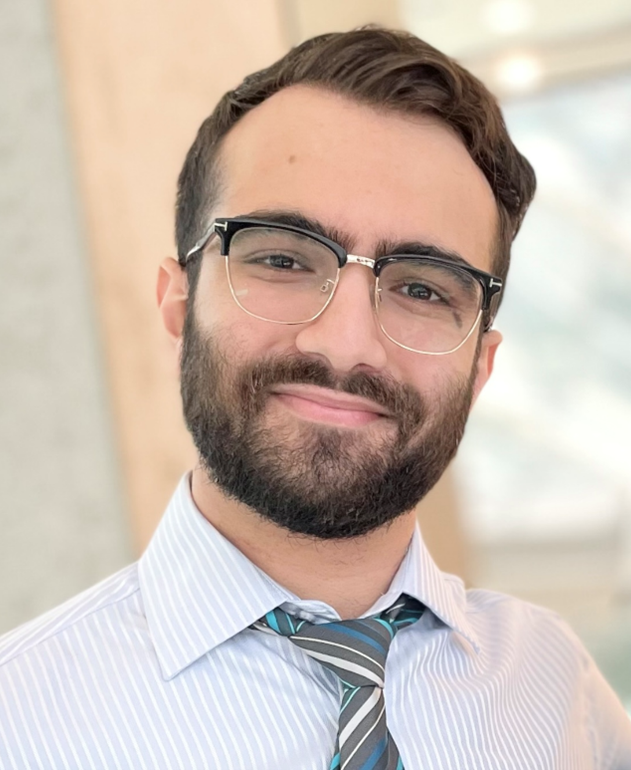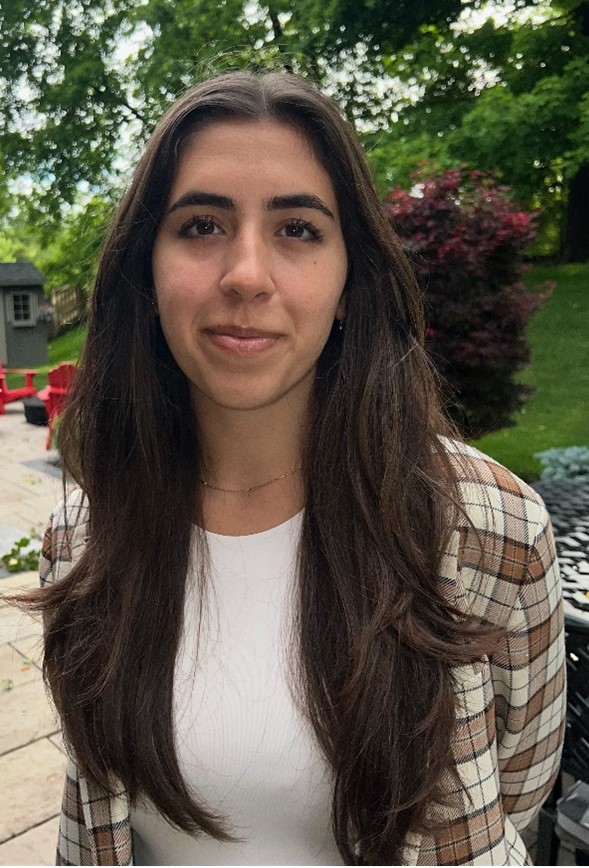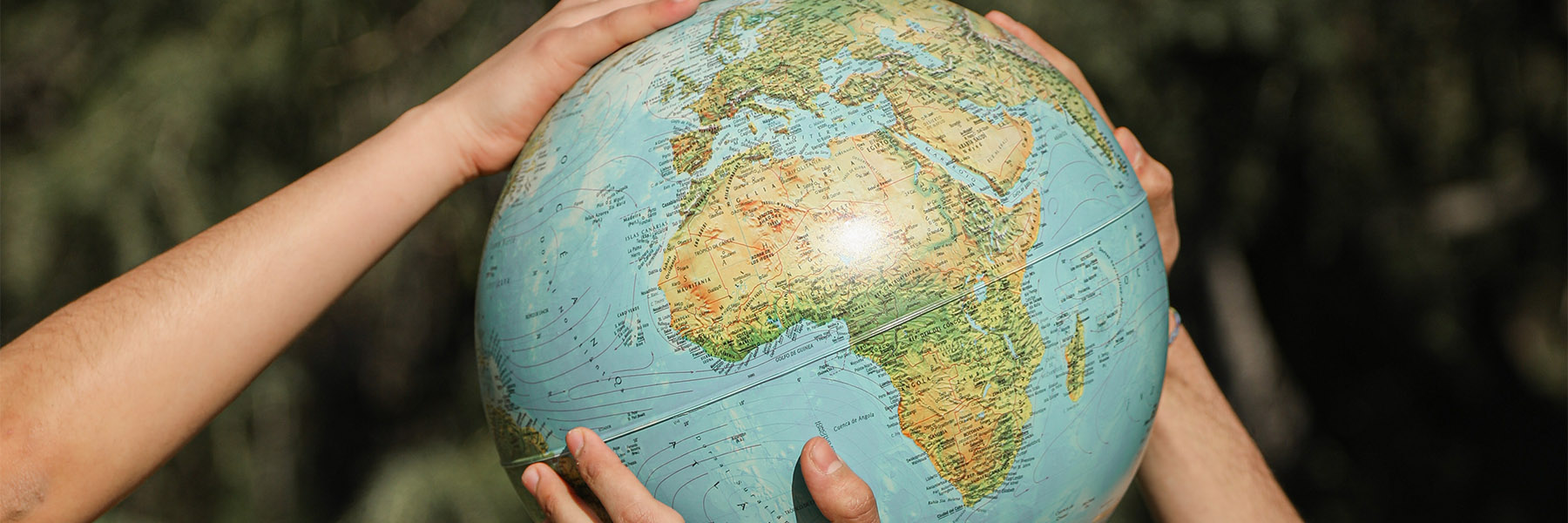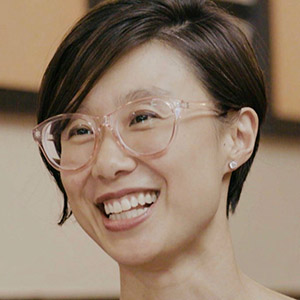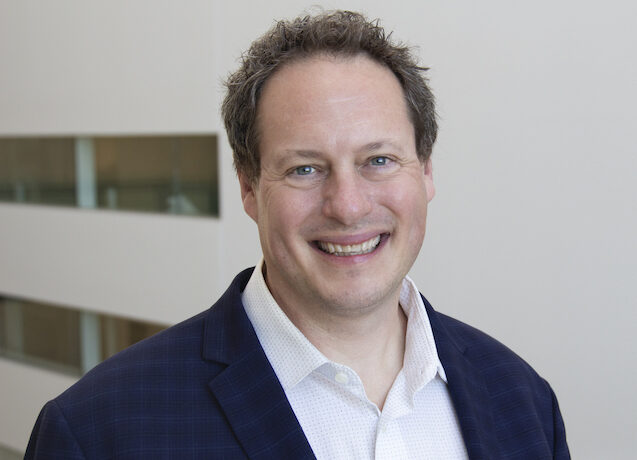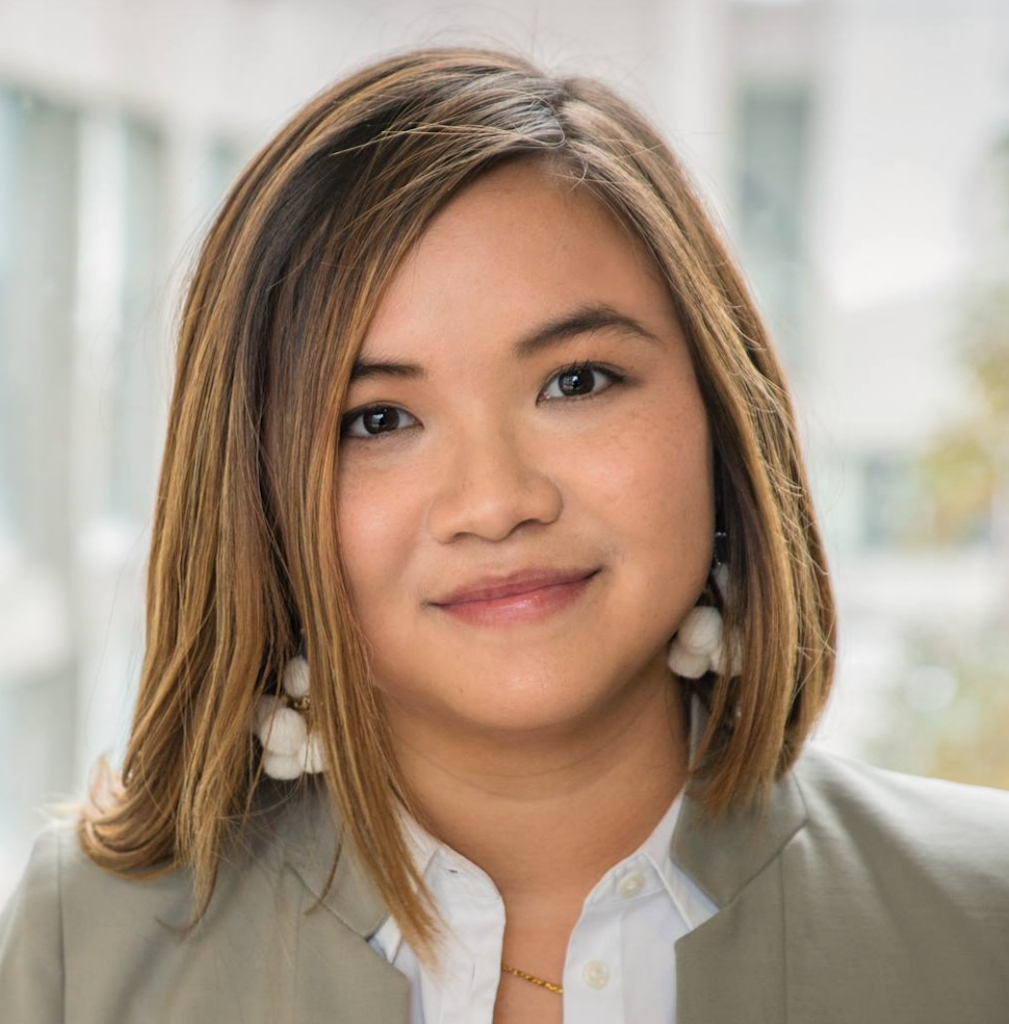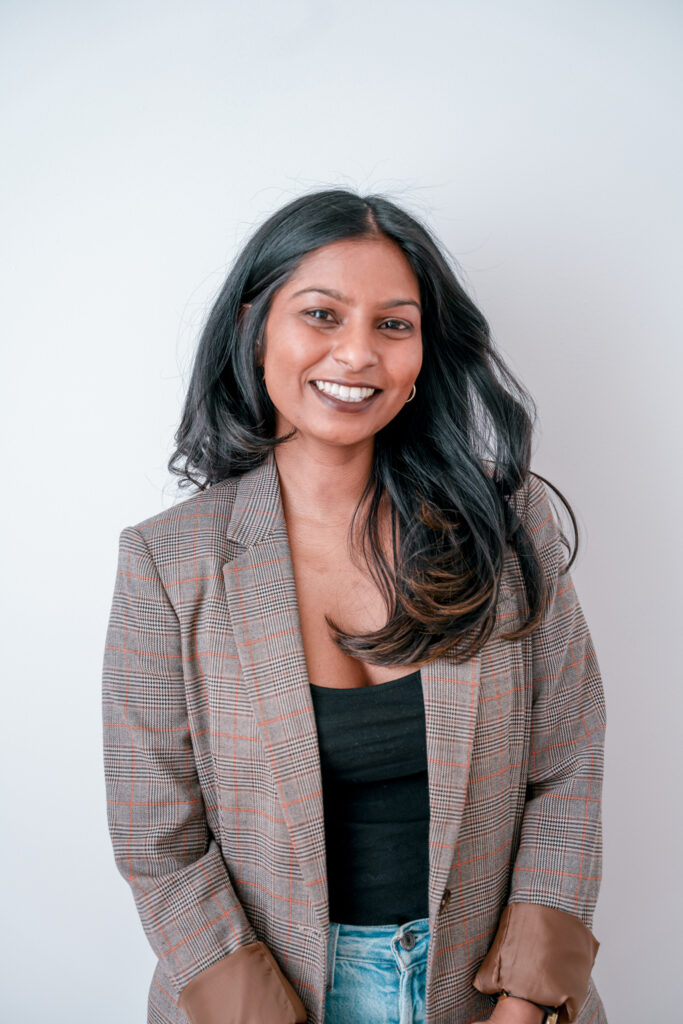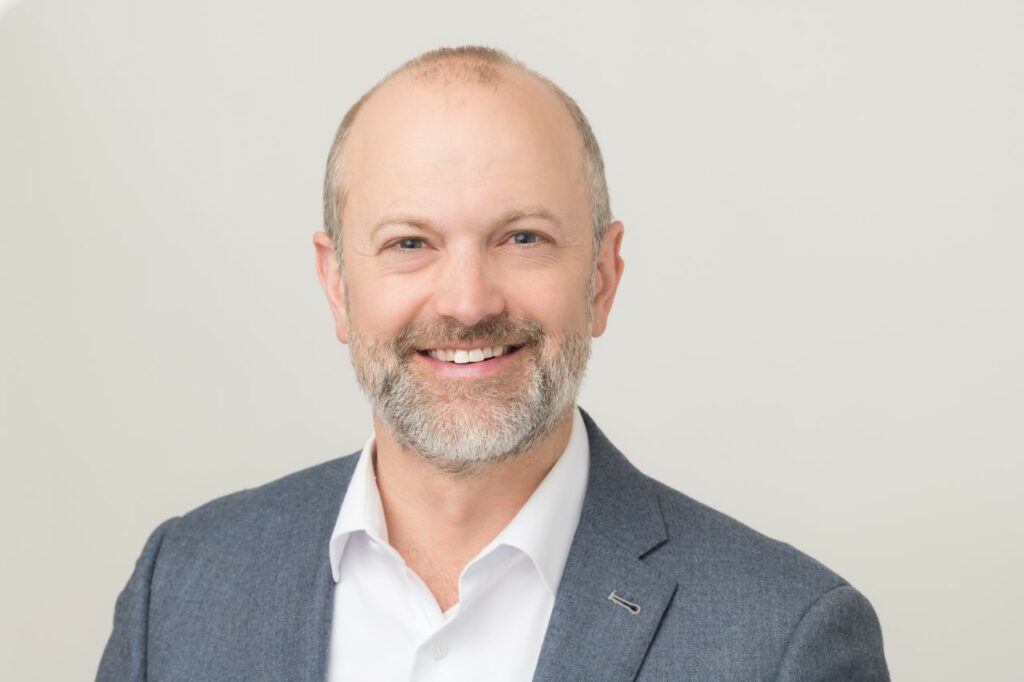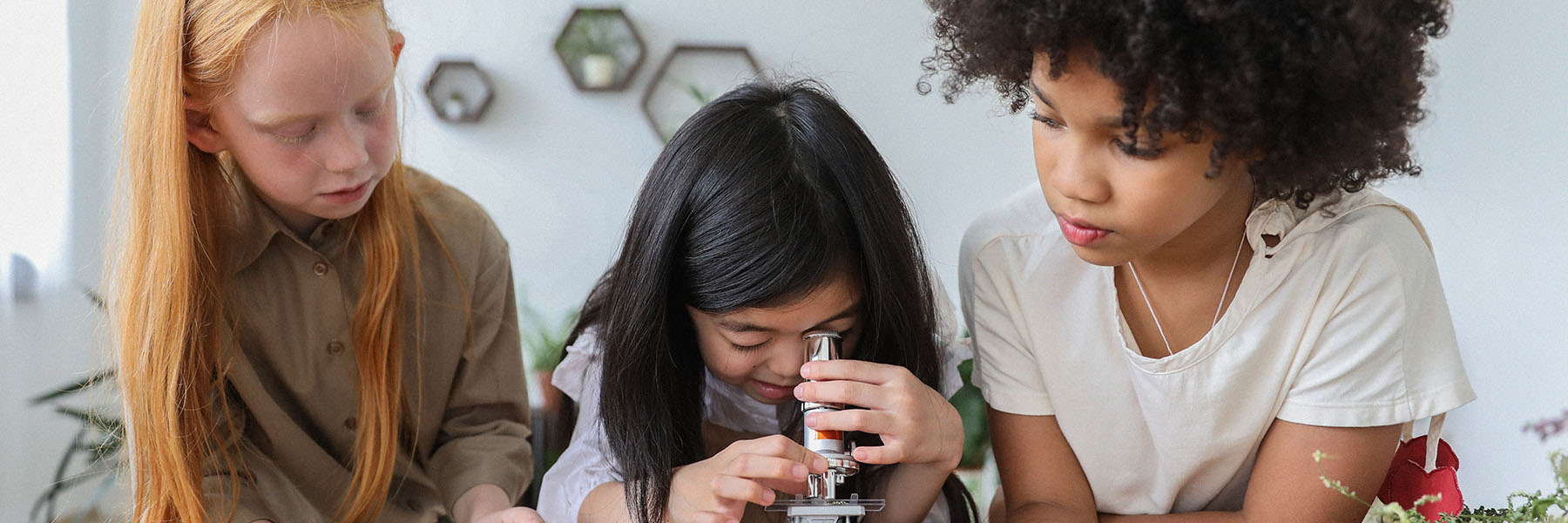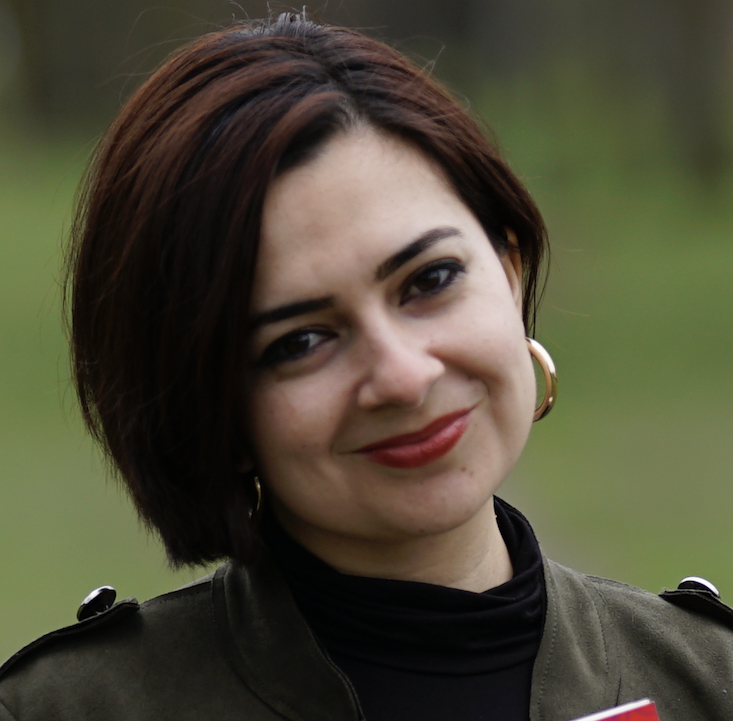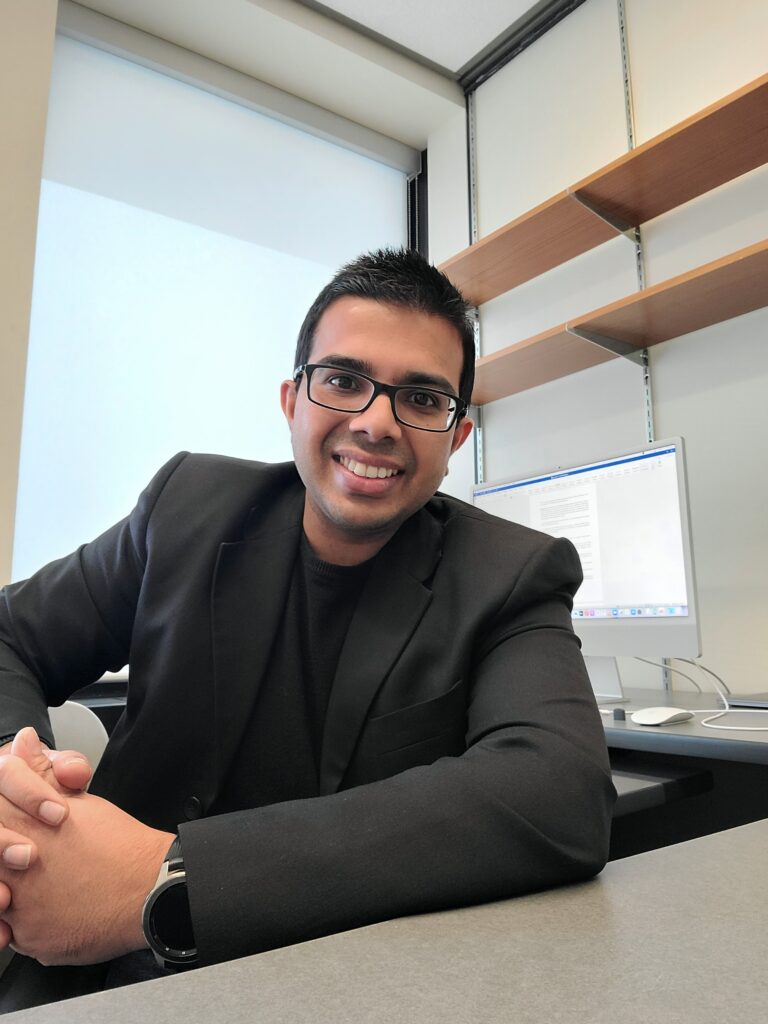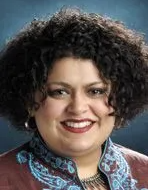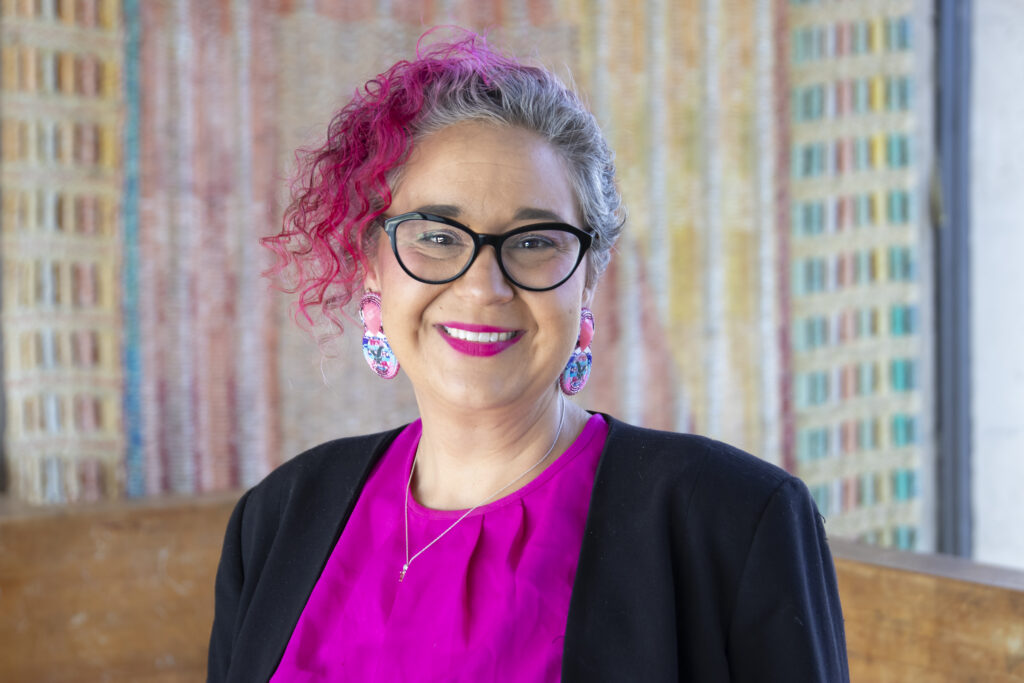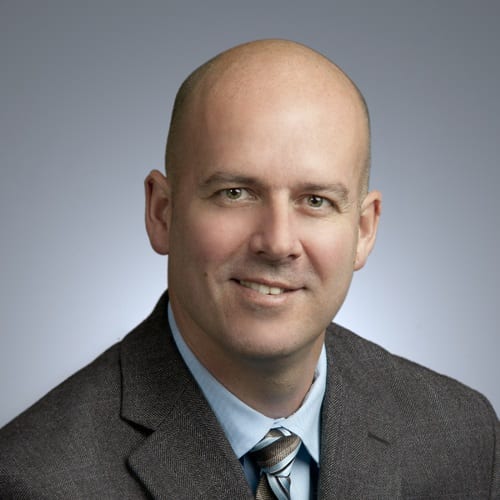Six York University graduands have been awarded thesis and dissertation prizes by the Faculty of Graduate Studies (FGS) for their outstanding scholarly work.
The prizes are bestowed to celebrate exceptional master’s and doctoral research work from the recent academic calendar year. The value of the awards is $2,000 for doctoral dissertations and $1,000 for master’s theses. From creating the world’s largest dataset on honeybee genomics to demystifying the function of consciousness, these talented scholars are breaking new ground with their research.
Master’s Thesis Prizes
Abdul Basit (MASc, civil engineering) for “Impact of Climate Change on Thermal Behaviour of Pavement Structures in Ontario”
Basit’s cutting-edge study was motivated by rapid alterations to the climate, the particular consequences of which can be seen in the performance of road infrastructure systems. Through his research, Basit developed a critical evaluation for anticipated climate change and how this could potentially cause changes to asphalt binder grades and variations in spring load restriction (SLR) periods across Ontario. His innovative work contributes to the discipline of civil engineering through its useful industrial conclusions, as is attested by Basit’s peers.
“The new generation of civil engineers will be increasingly reliant on a sound academic background in climate change to make appropriate and intelligent engineering decisions,” said Rashid Bashir, Basit’s supervisor. “Mr. Abdul Basit’s graduate training, and specifically his thesis, is a step in the right direction.”
Melodie Lao (MSc, chemistry) for “Developing an Automated Nitrous Acid (HONO) Platform to Detect Emerging Pollutants in a Commercial and Domestic Environment”
Lao’s innovative research focused on the development and application of new methods to measure the important atmospheric component, HONO. This chemical can react with other atmospheric component to form highly toxic products. Only in the last few years has HONO’s importance indoors been considered, but it remains difficult to measure accurately. Lao’s work creates substantial impact in the field by advancing the ability to measure HONO indoors.
Cora Young, Chair of the Examining Committee, commended Lao’s study: “It was clear to the committee that Melodie’s contributions to the field of atmospheric chemistry are significant, greatly exceeding those typical for an MSc degree. Her work has and will continue to make an impact on a national and global stage.”
Anna Waisman (MA, psychology) for “Investigating the Role of Autobiographical Memory in Post-surgical Pain Up To One Year after Major Surgery”
Waisman’s thesis investigated autobiographical memory before and after major surgery in 97 adult patients. The purpose of her study was to see if highly specific autobiographical memory could be a predictor for greater post-surgical pain. Her results showed that recalling higher numbers of pain-related autobiographical memories resulted in lower post-surgical pain.
Waisman’s groundbreaking project was the first study in this area, and her results point to immediate and tangible interventions that physicians can implement to reduce post-surgical pain in their patients. Her research was already published in the prestigious journal Pain.
Doctoral Dissertation Prizes
Kathleen Dogantzis (PhD, biology) for “Understanding the Evolutionary Origin and Ancestral Complexity of Honey Bee (Apis mellifera) Populations”
Through her study, Dogantzis – who was also awarded a Governor General’s Gold Medal – advanced knowledge in the field of bee evolution and population genetics and developed new tools to protect the beekeeping industry from the accidental introduction of the highly invasive Africanized bees. Dogantzis created the world largest dataset on honeybee genomics, which involved sequencing over 200 new honeybee genomes from all over the world. Her sophisticated bioinformatic analysis debunked a recent hypothesis that honeybees originated in Africa by providing evidence that honeybees originated in western Asia.
Chair of the Examining Committee Elizabeth Clare praised Dogantzis’ accomplishment. “Her applied tools are expected to have a massive societal and economic benefit, not just for Canada, but across the world.”
Dylan Ludwig (PhD, philosophy) for “The Functional Contributions of Consciousness”
The substance of Ludwig’s dissertation tackled one of the most difficult problems in the philosophy of the mind: the function of consciousness. Many philosophers maintain that consciousness makes no contribution to the causal powers of the mind. Scientists, on the other hand, tend to assume consciousness must have some overarching, unitary function. Ludwig’s main thesis contrasted with both approaches by arguing that phenomenal consciousness makes varying functional contributions to different cognitive and affective processes. This outstanding study has already led to three publications in prominent peer-reviewed academic journals.
Ludwig’s supervisor, Muhammad Ali Khalidi, contended that his work “has the potential to change the terms of the debate.”
Sara Pishdadian (PhD, psychology) for “Subjective and Objective Spatial Memory and Navigation Abilities in Aging and Amnesia”
Pishdadian’s dissertation investigated subjective and objective spatial navigation. She took a novel approach of integrating cognitive theory with clinical neuropsychology, video-game technology and multivariate statistical methods to systematically investigate this skill in normally aging people and in individuals with medial temporal lobe amnesia.
Her innovative work makes significant contributions to cognitive neuroscience theory as well as to clinical practice. Pishdadian has published in the top international journals in her field, including Neuropsychologia, Cortex, and Learning and Memory.
Next steps
FGS additionally nominated Ludwig and Pishdadian for the dissertation prize presented by the Canadian Association for Graduate Studies (CAGS). The CAGS-ProQuest Distinguished Dissertation Award recognizes Canadian doctoral dissertations that make significant and original contributions to their academic field. Winners will receive a $1,500 cash prize, a certificate of recognition and an invitation to attend the 61st Annual CAGS Conference, to be held in Victoria, B.C., in November 2023.



